Collection
Date
Location
Type
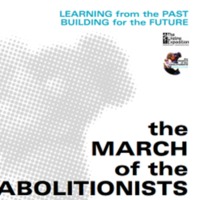
The March of the Abolitionists
The Lifeline Expedition began in 2000 as a reconciliation journey linking the European and African nations. The March of the Abolitionists was organised for 2007, aiming to bring an apology for the slave trade (especially the role of the church); to promote understanding of slavery and abolition by…
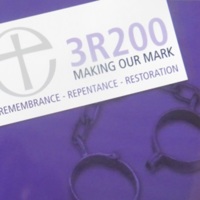
Making our Mark: Remembrance, Repentance and Restoration in 2007
This project was the Church of England’s official response to the bicentenary, as CMEAC (established by the Archbishops’ Council) explored the Church’s multi-faceted role in the history of slavery in Britain. Making our Mark focused on connections with local communities, opening access to…
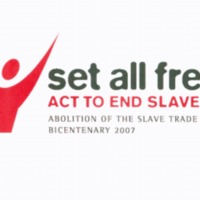
Set All Free: ACT TO END SLAVERY
Set All Free: ACT TO END SLAVERY was a project of Churches Together in England, based in London. It was also a collaboration between church-related groups, societies and organisations around the UK working together with a Christian ethos to assess the relevance of the bicentenary, and in particular…
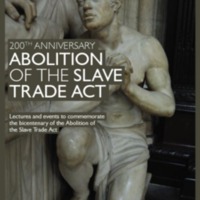
Service to Mark the Bicentenary of the Abolition of the Slave Trade Act
Westminster Abbey organised a series of lectures and events to commemorate the bicentenary. These included the lectures 'Olaudah Equiano, Black Abolitionist' by Professor Vincent Carretta, and 'The Abbey and the Abolition of the Slave Trade' by The Reverend Nicholas Sagovsky, Canon of Westminster.…
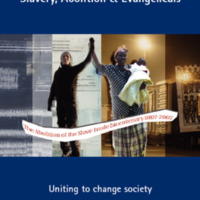
Slavery, Abolition & Evangelicals: Uniting to change society
The official publication from the Evangelical Alliance to commemorate the bicentenary had three main aims: to draw attention to biblical perspectives on slavery and society, to examine the contributions of some key abolitionists, and to offer some suggested activities for churches and groups to mark…
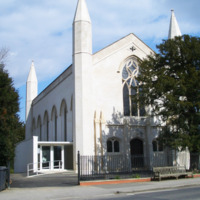
Celebration of the Bicentenary of the Abolition of the Atlantic Slave Trade
After 1825, on leaving Parliament, William Wilberforce retired to Hendon Park in Mill Hill, North London, and during his retirement built a chapel on his estate, now St. Paul's Church. St. Paul's organised a programme of events in 2007 to mark the bicentenary, including concerts by The London…